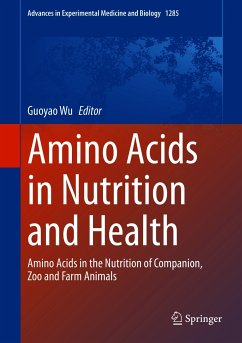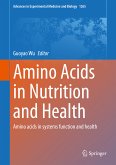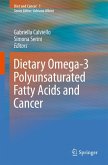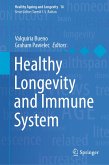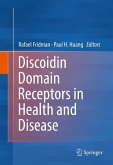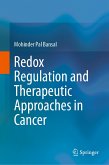Readers will learn from well-written chapters that amino acids are not only the building blocks of protein but are also signaling molecules and key regulators of gene expression and whole body homeostasis in companion, domestic, aquatic, and captive animals. The book also provides new and useful information on the optimum requirements of the animals for dietary amino acids. This knowledge will guide nutritional practices and daily management to improve the health and survival of all speciesand to enhance the productivity of livestock, poultry, and aquaculture enterprises worldwide to produce high-quality protein for human consumption.
Editor of this volume is an internationally recognized expert in the biochemistry, nutrition and physiology of amino acids. He has over 38 years of experience with research and teaching at world-class universities in the area of amino acid biochemistry, nutrition, and physiology. He has published more than 625 papers in peer-reviewed journals, 62 chapters in books, and authored two text/reference books, with an H-index of 117 and more than 55,000 citations in Google Scholar.
This publication is a useful reference for professionals and pet owners, as well as undergraduate and graduate students in animal science, aquaculture, zoology, wildlife, veterinary medicine, biology, biochemistry, food science, nutrition, pharmacology, physiology, toxicology, and other related disciplines. In addition, all chapters provide general and specific references to amino acid nutrition and metabolism for researchers and practitioners in animal agriculture, aquaculture, zoos, biomedicine, and plant science, and for government policy makers.
Chapter 7 is available open access under a Creative Commons Attribution 4.0 International License via link.springer.com.
Dieser Download kann aus rechtlichen Gründen nur mit Rechnungsadresse in A, B, BG, CY, CZ, D, DK, EW, E, FIN, F, GR, HR, H, IRL, I, LT, L, LR, M, NL, PL, P, R, S, SLO, SK ausgeliefert werden.

